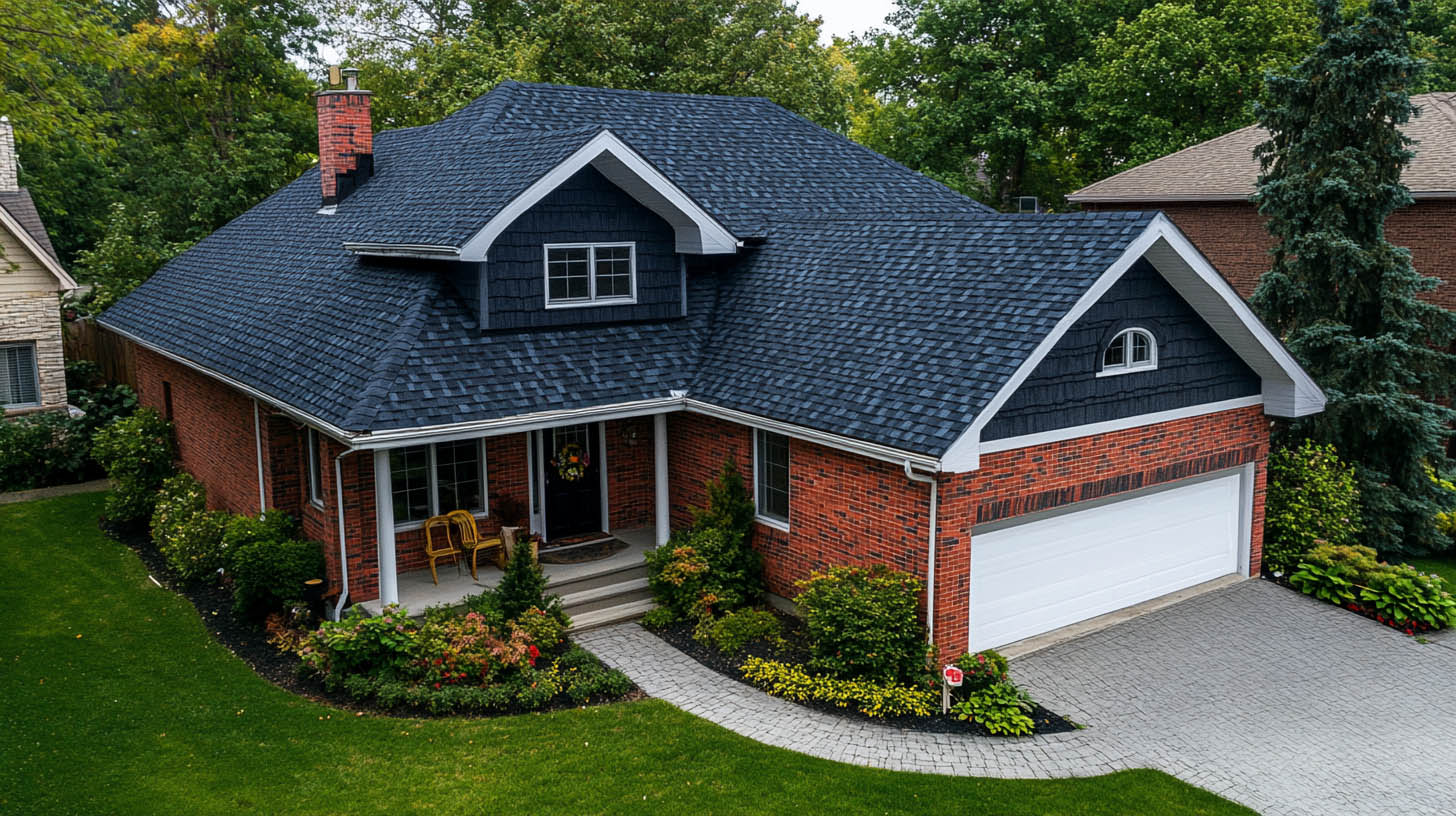
Choosing the right roofing contractor is essential for ensuring the durability and quality of your roof. Whether it’s a new installation or a repair, working with a reputable contractor gives you peace of mind, knowing your project is in capable hands. At Rainstoppers Roofing, we value professionalism, expertise, and customer satisfaction, and here’s a guide to help you find a contractor you can trust.
1. Clear Communication and Transparency
A successful roofing project requires consistent and clear communication between you and your contractor. From the initial consultation to the final inspection, a good contractor will:
- Provide Regular Updates: You should be informed about the progress and any unexpected issues that may arise.
- Explain Procedures and Materials: Understanding what’s involved in the process helps you make informed decisions.
- Listen to Your Concerns: Whether it’s budget constraints, material preferences, or timeframes, a responsive contractor will work to meet your specific needs.
2. Licensed and Insured Contractors
Working with a licensed and insured contractor is crucial for your protection. Licenses indicate that the contractor meets local regulations, while insurance provides coverage for accidents or property damage during the project. Ensure that your contractor can provide proof of:
- Worker’s Compensation: Protects you from liability if workers are injured on-site.
- General Liability Insurance: Covers damages to your property during the project.
3. Warranty Offers
A reputable contractor should back up their work with a warranty. This not only guarantees the quality of their workmanship but also shows their commitment to customer satisfaction. Look for contractors who offer at least a two-year warranty on labor and materials. At Rainstoppers Roofing, we provide a five-year warranty, ensuring you have reliable roof support long after the project is completed.
4. Experience and Expertise in the Industry
Experience often correlates with quality, as seasoned contractors have handled various roofing scenarios and can efficiently address unexpected challenges. When evaluating a contractor, consider:
- Years in Business: Longer business history can indicate a proven track record.
- Portfolio of Past Projects: Reviewing previous projects provides insight into the quality and type of work they offer.
- Relevant Certifications: Look for certifications from recognized organizations, such as GAF Master Elite or ABC Platinum Contractor status.
Fact: According to a survey by the National Roofing Contractors Association, more than 60% of homeowners prefer roofing contractors with 10+ years of experience, emphasizing the importance of a strong track record in the industry.
5. Local Presence and Strong Reputation
Opting for a local contractor has distinct advantages. A contractor familiar with your area will understand the unique weather conditions and regulations affecting your roof’s performance. Additionally, a local contractor can quickly address any follow-up needs.
- Community Reputation: Ask around or read reviews to gauge the contractor’s standing in the community.
- Past Client Feedback: Speaking to previous clients can provide insights into the contractor’s reliability, work ethic, and customer service.
FAQs
1. What should I expect during the initial consultation with a roofing contractor?
The initial consultation should involve a roof inspection, an estimate, and a clear explanation of the project scope. Be sure to ask questions and clarify any concerns.
2. How can I verify a contractor’s license and insurance?
Request a copy of their license and insurance certificates and check with local licensing authorities to verify legitimacy.
3. Do all contractors offer warranties?
While it varies, a reputable contractor should provide a warranty. Make sure to clarify the terms, including coverage duration and what is included.
4. Why is it better to hire a local contractor?
Local contractors understand your region’s climate, enabling them to provide tailored solutions. They are also accessible for any future repairs or follow-up work.
5. How long should a roofing project take?
Project timelines depend on the roof’s size, type, and weather conditions. Your contractor should provide an estimated timeframe at the start.
Conclusion
Selecting the right roofing contractor requires careful consideration of communication, credentials, experience, and reputation. With the right choice, you’ll ensure your roofing project is managed professionally and efficiently, leading to a durable, high-quality roof that protects your home for years. For additional guidance or if you have specific questions, don’t hesitate to reach out to trusted professionals like Rainstoppers Roofing in Charleston, WV.To learn more about how much snow your roof can handle, click here.
